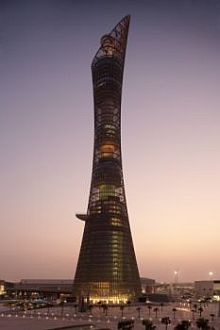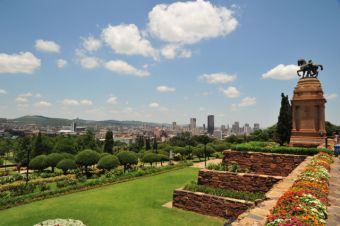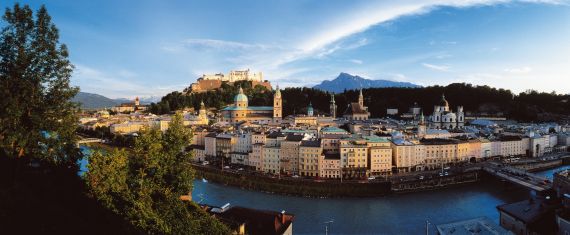
News & Stories
Dubrovnik/Oberursel. Thomas Cook will be clearly extending their offers in the German market for Summer 2013. Along with this is the new brand, "Smartline" for price-sensitive vacationers as well as the "Adults Only" brand "Sunprime Resort" already tested in Scandinavia. The Sentido brand's target groups will be extended.
Vienna. Austria's Minister for Economic Affairs Reinhold Mitterlehner and Oesterreich Werbung are expecting a record high in turnover and numbers of overnight stays this winter. In 2013, the holiday times and public holidays are perfect and the continuous boom from Russia should compensate for the expected decrease from Italy. Skiing remains the driving force of the winter business; however, at the same time, the cable car industry is not willing to invest outside the skiing centres, which leads to the cable cars' lowest investment level in twelve years. This dampens the euphoria in Austria where the most important season of the year is getting under way now.
Singapore. The fifth edition of ITB Asia came to a close last Friday in Singapore and has been its most successful event to date in terms of growth in exhibitors, quality buyers, conference partners and trade delegates. In 2013, the show will even expand further.
Zurich. New statistics reveal the vital importance of the meeting segment in Switzerland. In 2011, meeting participants generated 19 percent of the recorded hotel room nights – almost 20 percent. This is the result of an initial holistic statistical survey.
Doha. In Qatar's capital city, two thirds of branded hotels belong to international hotel operators. But there are still many to come. Between now and 2022, when Qatar will finally be a hotspot of public interest thanks to the FIFA World Cup, there is still a lot to be done – also in the hotel sector. By 2022, the number of hotel rooms and apartments will have risen from 19,000 to 65,000. These masses of hotels have to be structured at an early stage and new hotels have to be given future-oriented guidelines. Therefore, the country's supreme tourism authority, the Qatar Tourism Authority, commissioned a German consultant with the development of the hotel classification criteria. These will be more demanding than those of the European hotel umbrella association HOTREC. And starting this year, there is even a minimum of requirements for investors and developers.
Zurich. The Swiss tour operator, Kuoni, has announced the separation of loss-generating tour operators in some European countries as well as the B2C online hotel platform, Octopustravel, and is currently reviewing exit possibilities.
Port Louis. Five star hotels offering partial or full all inclusive packages are now under pressure of Mauritius Tourism office Board.
Munich. Crises, wars and disasters primarily stamp the picture of Africa negatively. However, hotel chains have long ago cast an eye on this market that still promises much growth. Now Michael Thalmair, a Masters graduate of the Faculty of Tourism at the University of Munich, has looked deeply into ten well-chosen African capitals and has analysed the hotel chain industry there with the support of Zarges of Freyberg Hotel Consulting. With the examined capitals, Accra and Pretoria, among others, fell into excellent conditions for investment. Extracts from the study indicate two cities with great potential and two others with great challenges.
Lausanne. How many people know that there are 49 nation states in sub-Saharan Africa? Of course, most of these countries are quite unattractive for hotel development due to rickety infrastructure, corruption, bureaucratic red tape, poor sanitary conditions and lack of personal safety and security. Nevertheless, in spite of the immense challenges facing hotel operators in the region, development is going forward at an accelerating pace, due in large part to a significant pickup in economic growth in recent years, particularly in the countries with important energy resources, like Nigeria, Angola and more recently Ghana.
Salzburg. "It has once again been shown that congresses are less sensitive to economic performance," Bert Brugger, Managing Director of Tourismus Salzburg GmbH, concludes. In particular, the classic congress business will ensure than the perfect year of 2011 will again be followed by another record year in 2012. Despite the city meanwhile having an established congress house, a new multi-functional hall and a diverse range of hotels, there still remains a large question mark over growth for 2013. Theoretically, the city now has the facilities to host large congresses for up to 6,000 participants. Demand for this is not there.





